More than 3,000 CBS students to gain Power-to-X skills
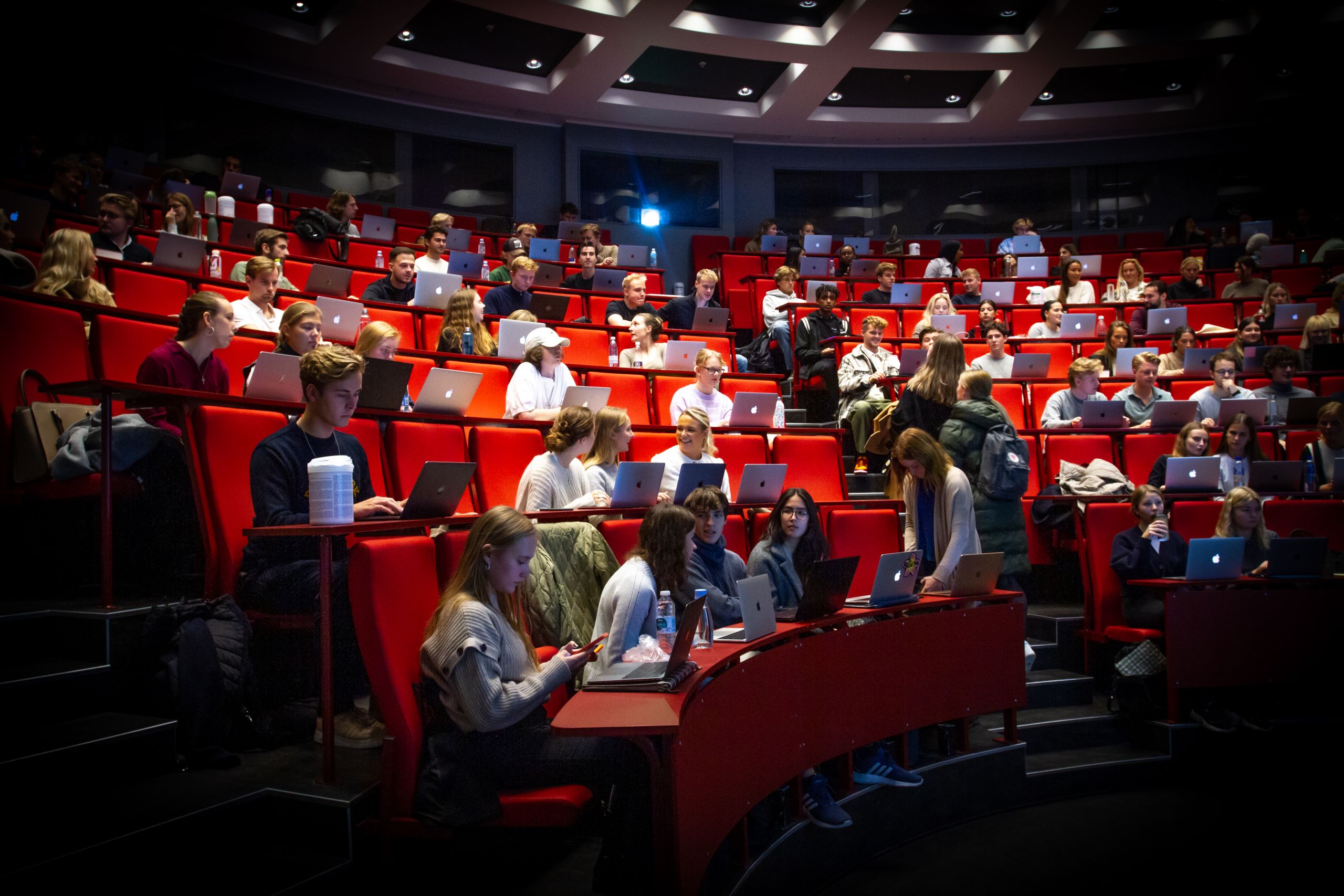
(Photo by Anna Holte)
Two of the biggest courses at CBS are using Power-to-X cases for teaching this year. Soon, thousands of students will learn how to analyze, discuss and apply their theoretical knowledge to Power-to-X in a broad societal and business context.
Up to spring 2023, CBS will teach more than 3,000 students the competences required to analyze and discuss organizational issues related to Power-to-X (PtX). So far, 450 students have already joined a trial run solving fictive cases, but in the near future, real-life cases will be featured.
The idea was the brainchild of a group of Associate Professors accompanied by an Assistant Professor and the head of the Department of Operations Management.
One ambition is to highlight the importance of CBS skills in fighting the climate crisis, according to Assistant Professor Christan Hendriksen.
“If you ask random people on the street how the green transition can be realized, the first thing they mention probably wouldn’t be Managerial Economics at CBS,” he says and goes on:
“However, it’s hard to discuss Power-to-X without talking about issues such as where to locate a PtX plant, why the energy is designed the way it is out in the North Sea, and how to work out contracts between the private and public sectors.
“All those things and issues within production, pricing, and investment – to mention some – are central aspects within Managerial Economics and Organizational Economics. So, we want to emphasize the importance of business administration for our students, but we definitely also want to show the outside world how crucial this approach is for the green transition to succeed.”
The cornerstone
When the sixth assessment report on climate change from the UN Climate Panel landed in August last year, it became clear that concrete action and new initiatives are much needed if we are to reduce the magnitude of the current climate crisis.
One of the new ventures that has been discussed is Power-to-X – a process whereby green energy from solar cells and windmills is transformed into hydrogen and other sustainable fuels that can replace fossil fuels in aircraft, ships, trucks and heavy industry.
And now, Assistant Professor Christian Hendriksen along with Associate Professors, Carsten Scheibye, Tamás Vámosi, Eric Bentzen and the head of the Department of Operations Management Carsten Ørts Hansen at CBS are implementing PtX as a main case theme when teaching the subjects Managerial Economics and Organizational Economics in the HD (HD1) and BSc in Business Administration and Economics (HA-Almen).
“We genuinely hope we can stimulate the students’ curiosity and help them to become even more aware of humanity’s challenges. That’s the cornerstone of the whole endeavor,” Associate Professor Carsten Scheibye explains.
PtX from different angles
In November, the group behind the idea received the board’s stamp of approval to realize the project and integrate the green process in teaching. They are now aiming to develop 4-5 extensive cases so the students can work with PtX from different angles.
“That could be in the context of investment theory or, for instance, discussions about centralization or de-centralization. Pretty much all areas within the realm of Organizational Economy can come into play,” Carsten Scheibye says.
He explains that the background for the initiative is two-sided.
“Firstly, with this initiative, we want to tap into the Nordic Nine strategy at CBS so students can develop transformative competences that are useful in a broader business and societal contexts to accommodate the global challenges we are facing,” he says and continues:
“And secondly, it underlines the fact that institutions like CBS must also take responsibility regarding challenges such as the climate crisis.”
Trial runs and cases from the real world
According to Carsten Scheibye and Christian Hendriksen, the first of the 4-5 cases has yet to be presented to the students.
“Right now, we’re contacting companies around the country who are already dealing with PtX in one way or another to collect concrete examples for the cases from the real world,” Carsten Scheibye says.
But in the first semester of Organizational Economics that has just ended, Christian Hendriksen had a trial run where he came up with a couple of cases concerning a fictive company, but with actual examples of PtX-related issues that the team members encountered while researching the project.
“The cases revolved around a fictive shipping company considering how to implement Power-to-X: Which type of technology should it choose? Should it operate inhouse or hire outside resources to help fulfil the implementation? And to answer such questions and solve the cases, the students used their theoretical competences,” Christian Hendriksen says.
From his perspective, which is shared by the rest of the team behind the initiative’s experiences, the trial run went well.
“We’ve just received the student evaluations, and overall, the students gave the cases a good reception. In Organizational Economics, we use many types of cases, but these were the very first cases the students were presented with, and they had two crucial functions,” says Christian Hendriksen and explains:
“On the one hand, they made the students understand and reflect on basic elements of Organizational Economics, such as what value creation in a company means and so on. On the other hand, the cases enabled them to apply the theoretical knowledge they’d accumulated throughout the semester in a PtX-context.”



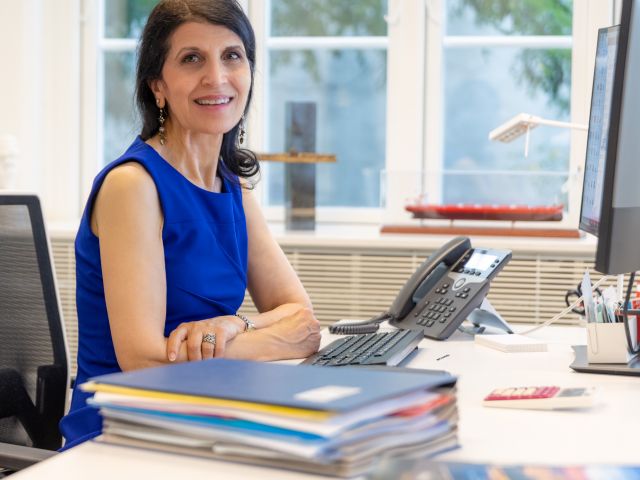
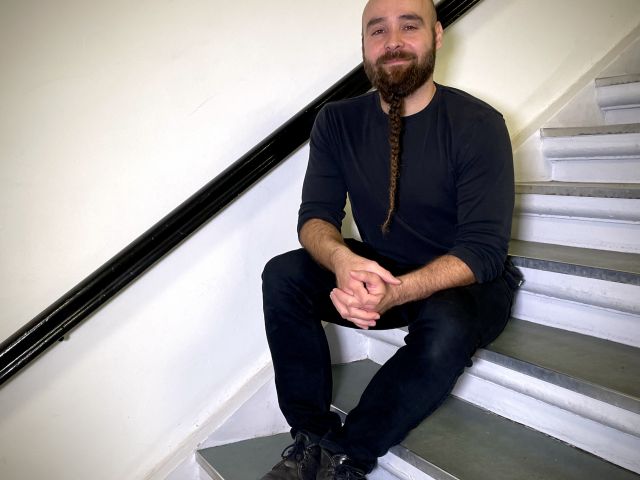

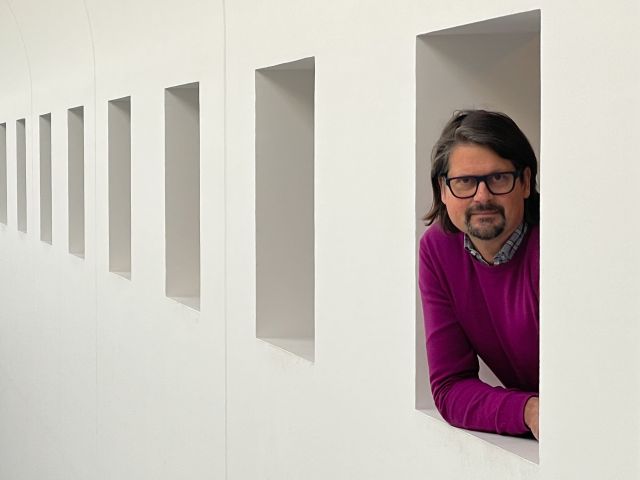
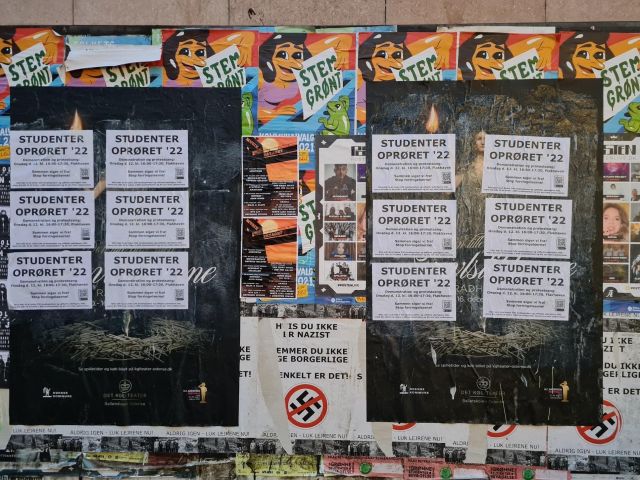
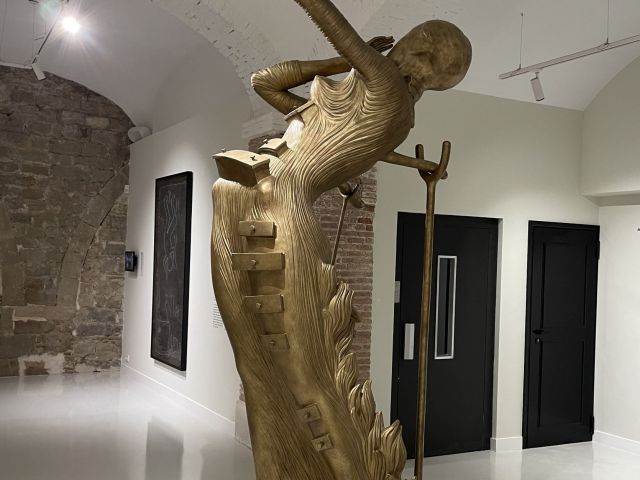





























































































































Comments